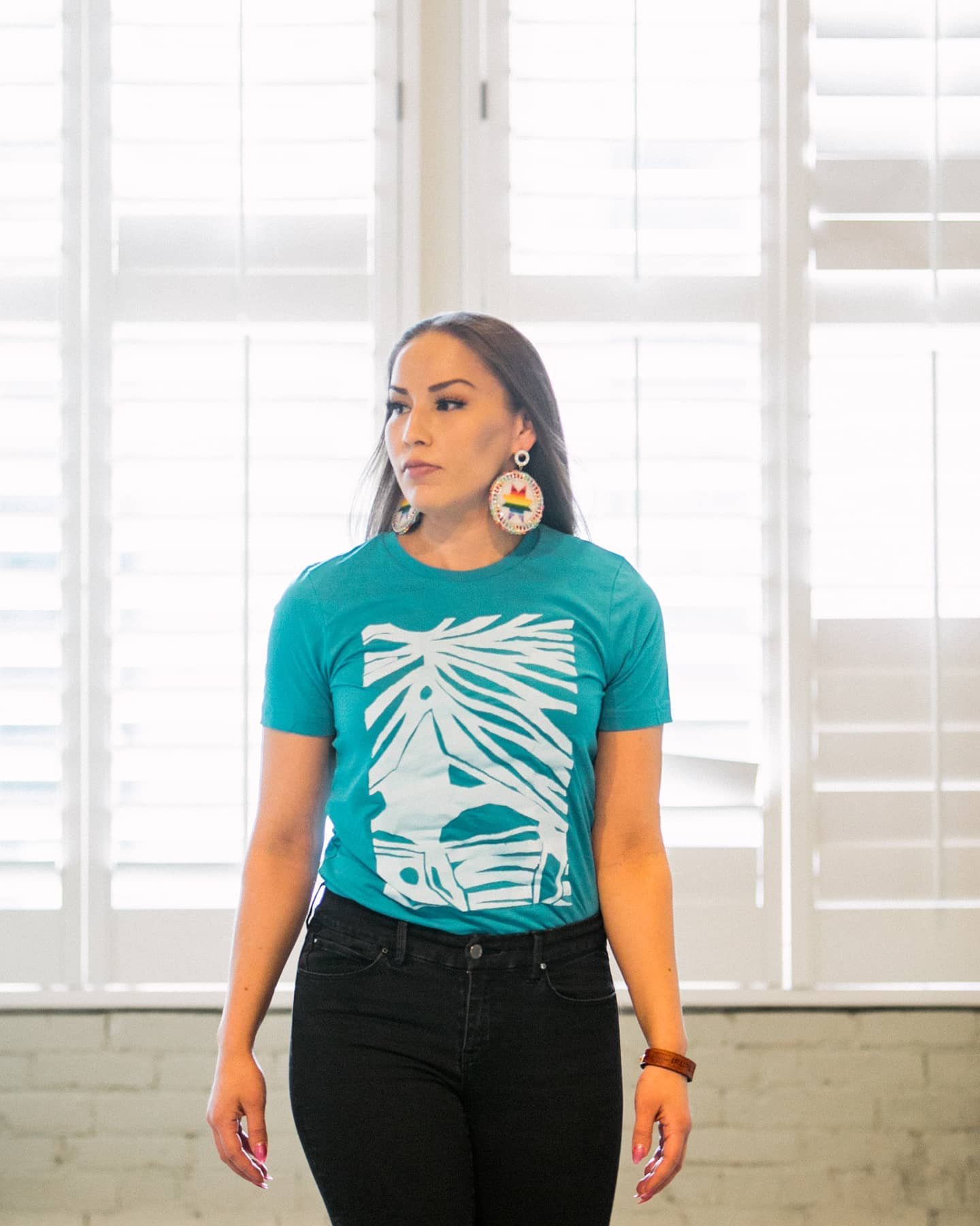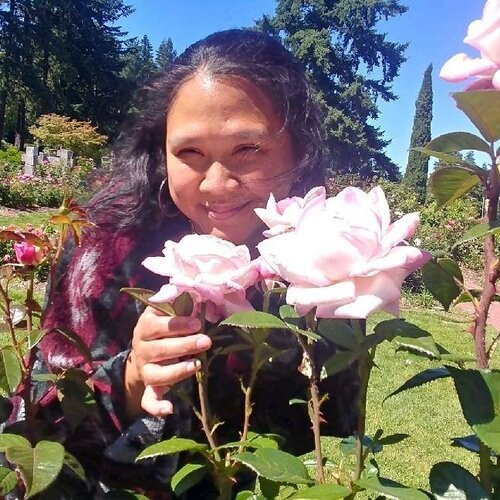Decolonizing the Healthcare System by Rae Rose
Mainstream healthcare is historically a twisted, uneven, financially debilitating, and constrictive path forcing incomplete ideals that do not always consider the person as a whole or the health of that individual in their totality. Specialties compartmentalize the body, concentrating on stabilizing a part without the care to follow through to care for the complete person’s needs. To often forgotten, emotional, and spiritual healing is often completely disregarded and not seen as necessary for a truly holistic recovery. The fact is today’s westernized approach of and on “holistic” healthcare is the colonizing of and plundering from many different cultures, fragmented, incomplete.
Anything beyond the organ, bone, or system outside of the “specialty” team’s expertise is often given a referral or disregarded completely. The beliefs held in mainstream medicine is to often forcefully aligned, partial, incomplete pieces compromising the recovery and everyday health of the complete person. The current healthcare system continues to move toward for-profit self-indulgent ideals, while maximizing the nonprofit benefits and tax breaks. Unfortunately this further corrupts an already frail, suffering system, compromising care, and distorting how we look at patient care.
This mindset of “modern medicine”, together with good intentions even if those good intentions lack follow through or comprehension to often result in the “unintentional” harm caused to our loved ones and hamper their ability to truly heal. This is a little of the history and the why of how our current modern medical systems fail patients. These are just a few of the barriers our Indigenous communities face when we are trying to get healthcare in today’s mainstream system.
These long running discrepancies and the lack of representation of and for Native Americans further damage trust between the healthcare systems and our tribal members to access truly holistic care. This history, the lack of care for the whole person are what brought together Native Non-Profit leaders in Washington in August of 2019. Led by community leaders like, Abriel Johnny of the Cowichan Nation on her father’s side and from the Tlingit Nation from her mother’s side. Abriel started at Healthier Here as a community Tribal engagement manager with a tribal health care focus in 2019. Her job was to set up cultural protocols and help decolonize Healthier Here from within.
One of the first steps Abriel took was to start a Native American community council. Abriel, in an interview emphasized the importance of cultural protocols stating, “In our culture we don’t make isolated decisions, we don’t make those decisions for the entire community by ourselves.” She went on to explain how important it is to bring in voices from our community, our elders, our leaders, our youth. All of our community members coming together for the whole, as it is supposed to be. This is a real step to holistic healthcare becoming a reality.
In many ways, westernized medical practices are lacking in regard to cultural competency, especially towards Indigenous people and traditional practices. Stereotypes and misconceptions are reinforced by overworked and understaffed professionals. Under new guidelines, Healthcare administration is led with the idea of buying up regions and running non-profit hospitals for profit and tying hospitals to foundations where hospital CEO’s make multi-millions in salary and bonuses, while off putting staffing and support concerns.
With these limitations in mind, it is important to highlight organizations like Healthier Here stepping forward with truly good intentions to decolonize and do better for the health of the complete person. It is important to highlight individuals like Abriel Johnny, who want to change the narrative and make healthcare that serves not just the individual, but the community as a whole. We can see this as a steppingstone towards a real change in our healthcare system. This is the importance of a movement born from the original people.
As the intentions brought forth that summer day move forward we find hope in opportunities such as the one provided by the Medicaid Transformation Project (MTP), specifically in regard to Initiative 1. I have sat down with Native Non-Profit leaders to discuss healthcare reform, especially in regard to Initiative 1 of the MTP grants. This grant is the first one I am aware of that allows culturally centered giving without demanding Eurocentric results or Eurocentric reporting methods. This project finally allows for agencies and providers of healthcare to center health around Native peoples’ and allows for us to redefine what healthy is in the short and long term for ourselves, our families, and our communities. Washington State MTP gives agencies and non-profits the chance to “earn incentive payments for implementing projects that change how people access and receive health care and social supports.”
With those thoughts in mind Abriel Johnny, representing Healthier Here helped to set up the Indigenous Nations Committee. Abriel states that one of their main goals was to move away from colonized, mainstream standards, of the how, the what is healthy, and what constitutes recovery, to redefine what is important, and to whom that importance is. This puts into motion a new chance for mainstream medicine to heal, while giving voice for real change. Basically, this meeting was an important first step in redefining across the board, the what and the how we use to measure “healthy”. It was the chance needed for leaders in our communities to redefine our future and reaffirm our goals for our Nations, for our loved one, by our Nations, and by our loved ones.
Abriel Johnny photo by @aliciarabbitheart
Abriel was adamant from the beginning, that she did not want Healthier Here to impose their ideals onto our Native communities. That is why, with those in the first meeting and from surveys filled out by community members in King County. Abriel states that in almost every answer from the surveys and those in attendance, and community leaders there was an overwhelming desire for truly holistic medicine. The need to redefine terms such as “in good health” became very apparent. Instead of compartmentalized medicine, only treating a part of the person, medicine under a Native American focus looks at the complete person, their physical health, mental health, emotional health, and spiritual health, all coming together to complete the new definition of “in good health”.
This original definition is a return to our medicines, our healing practices, our traditional ways of caring for our communities. This is important because even though we are forced to live to a degree in an individual, me centered society, it is not our way, and it causes harm to our mental, physical, emotional, and spiritual health. We do not come from a culture of individuality; therefore, we cannot thrive in the mindset of self-importance. We as the original people, the caretakers who remember original instruction, our roles, and our responsibilities carry the knowledge and memory of our importance to the whole.
Our whole includes our environment, the ecosystems, the plant nations, animal nations, the water, and the land all of these parts contribute to the health of our people in whole. We cannot be separate without suffering loss, we cannot heal alone. This is why Abriel is empowering leaders in our community to remove barriers so we can access our traditional medicines, while learning how to responsibly harvest and care for the future of these medicines. The hope is to help provide space for ceremonies, to teach protocol and bring in teachings that will invest in our future while upholding our original roles and responsibilities.
This is the hope Healthier Here is investing into our communities with direction from Abriel Johnny. Native Non-Profits, community members, tribal leaders, elders, and youth, are all coming together in this important work to redefine what health should be for our people, by our people, from conception to our final journeys.
Join me in the months to come to learn more about the work these Non-Profits are doing in Partnership with Healthier Here to bring better holistic health outcomes for our communities for us here in the Coast Salish Territories of Washington State.
Healthier Here Link https://www.healthierhere.org/about/
By Rae Rose
Rae Rose is a Pacific Northwest author of Paiute, Mayan, and Japanese heritage. She writes historical fiction, poetry, picture books. “Stories are very important to me, I hope you enjoy these stories I share with you.” You can follow her @Rae_Rose7
*Cover photo by JFreedom

